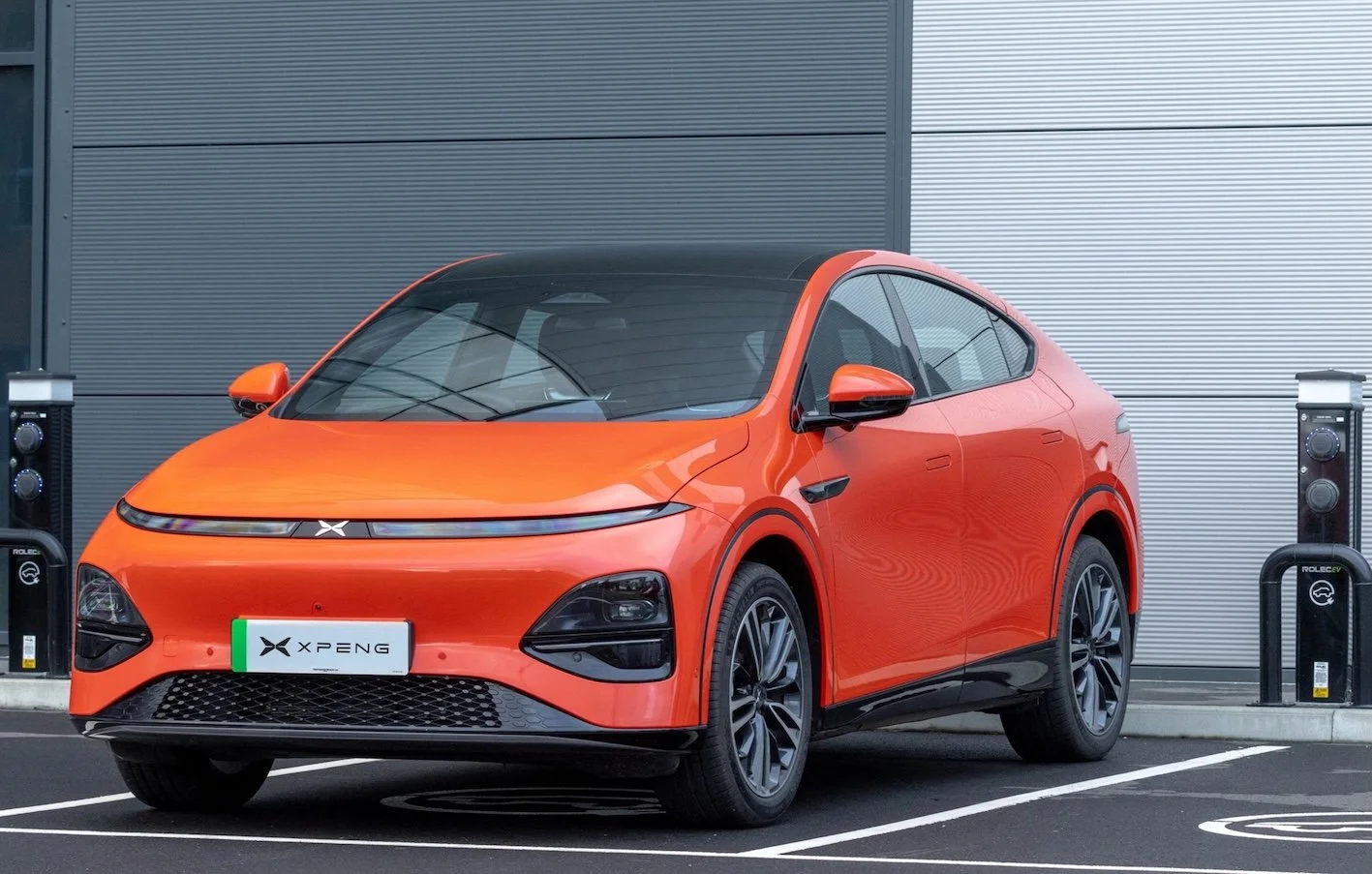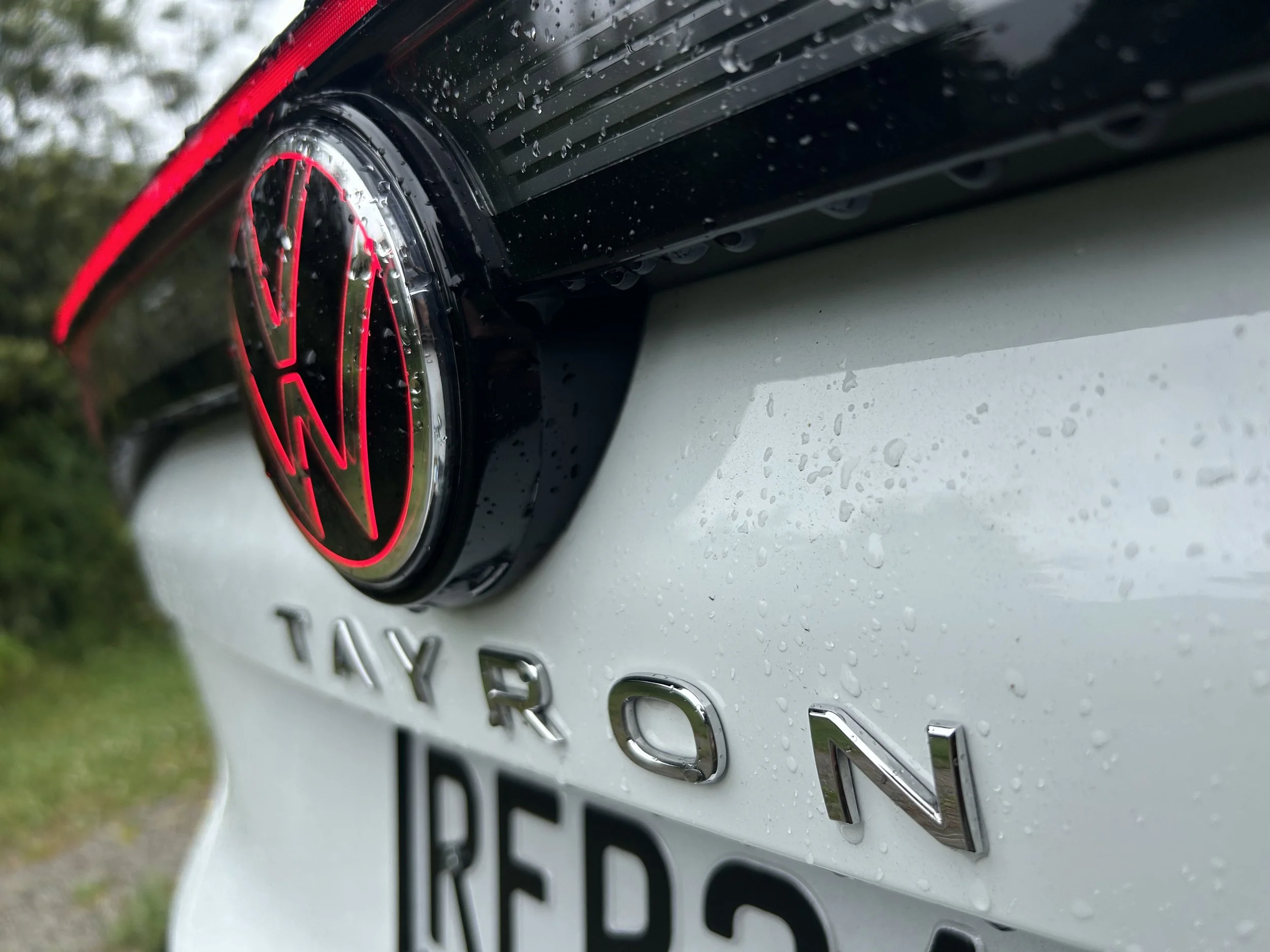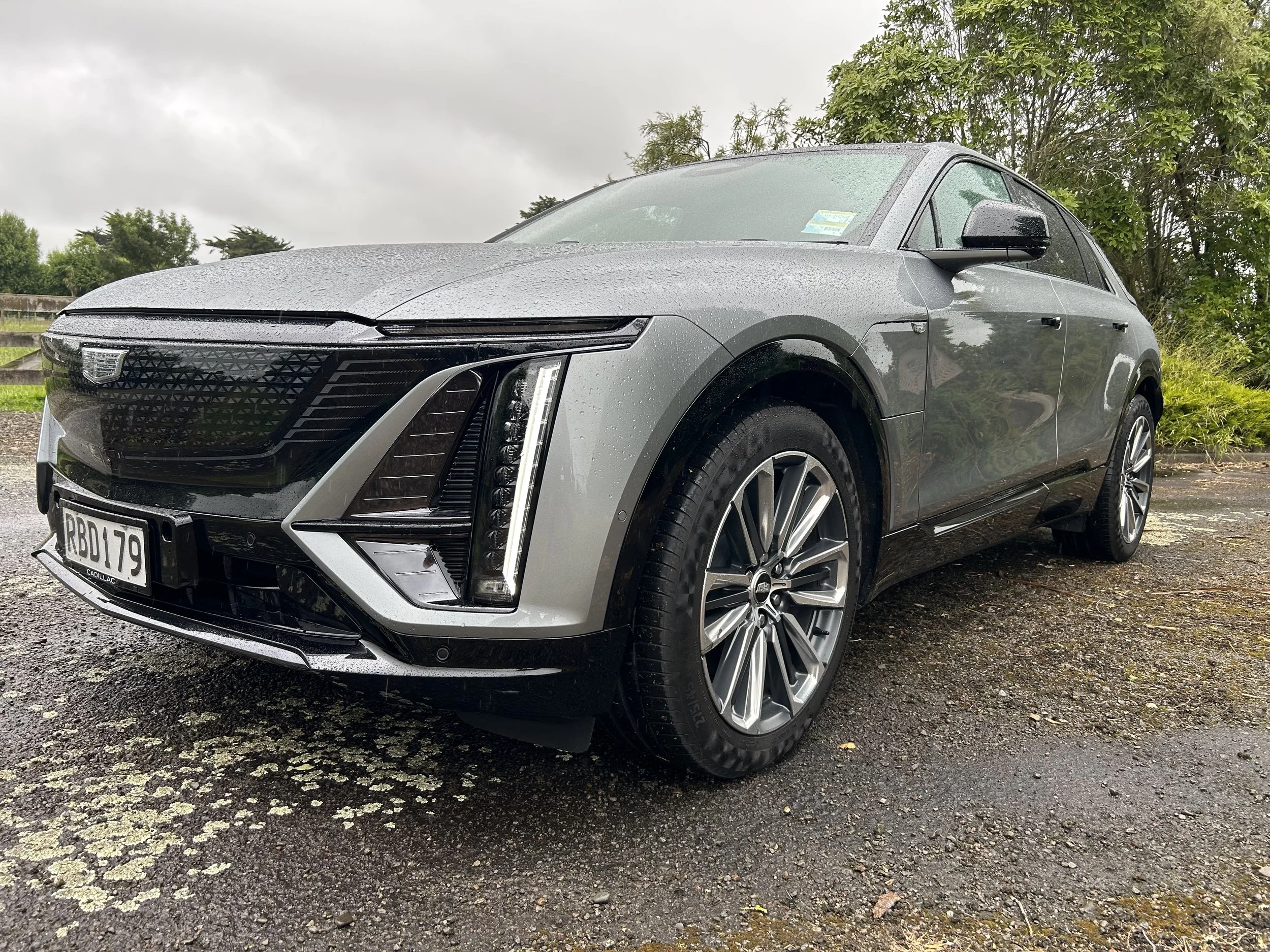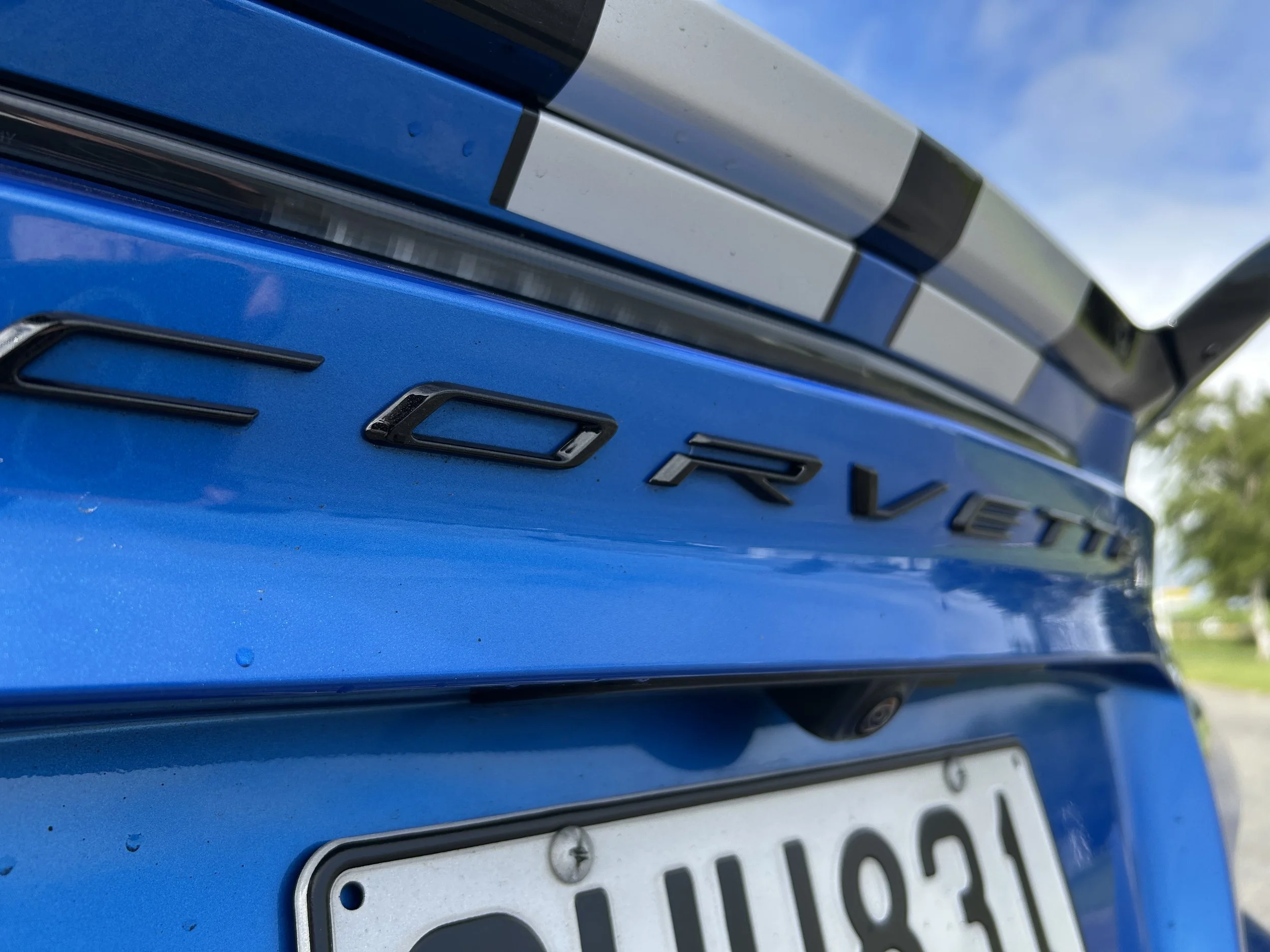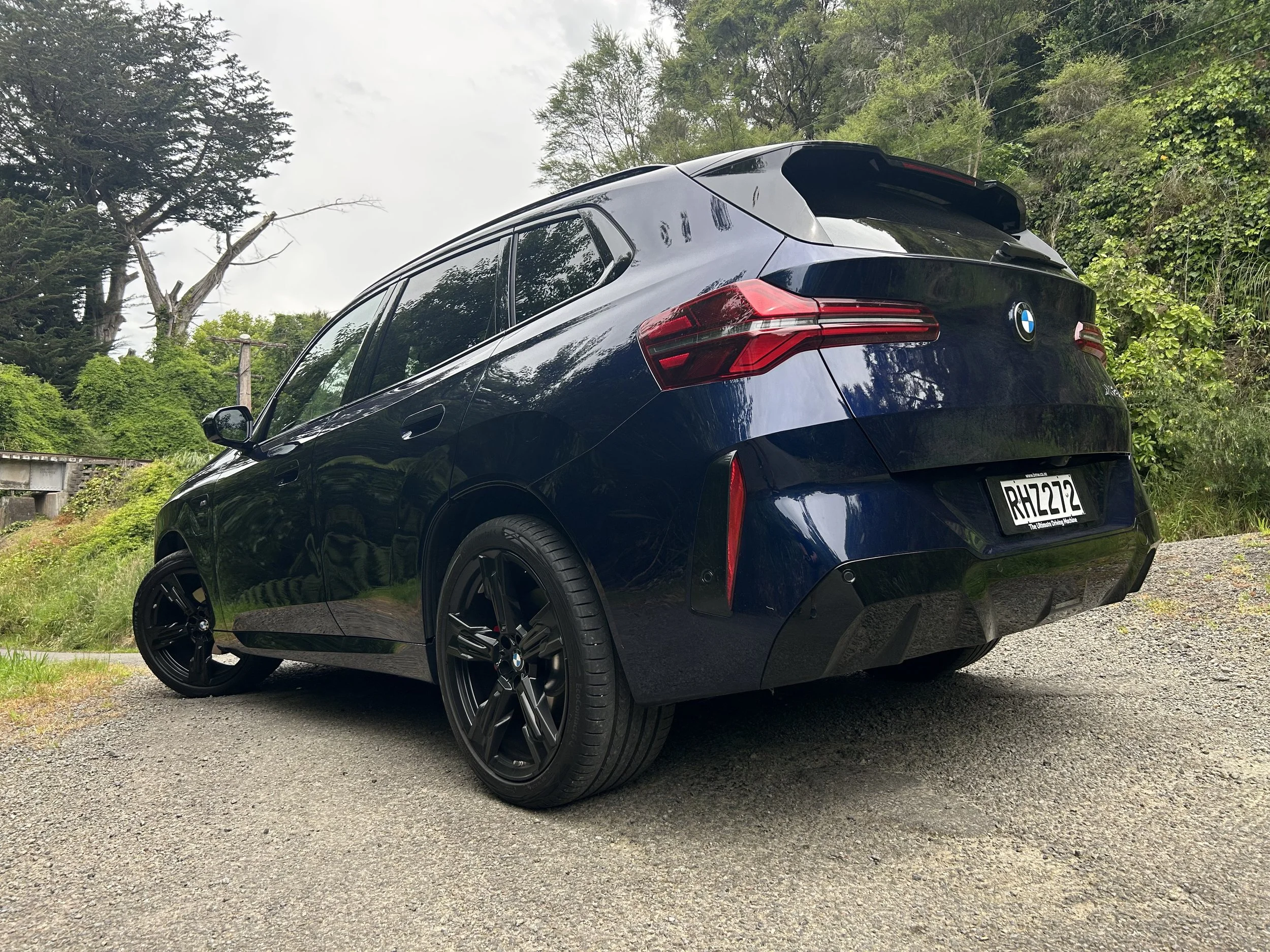Clean car discounts boosting Suzuki
/Fattened market share down to customers seeking thrift and Government’s helping hand, brand says.
THE small car specialist that was a headline-making Clean Car cynic, in suggested the legislation could be the death of its market involvement, is now celebrating how the initial element of the CO2 reduction push is fuelling its increased sales.
Suzuki New Zealand says the nine percent share of total passenger and sports utility market it achieved in July – which placed it as the third strongest new car brand for that month - is a record market share for the marque, whose history in New Zealand dates back to the 1970s.
The Whanganui-based distributor says while buyers are also seeking thrifty and affordable cars in a tough economic climate, having a number of models eligible for rebates under the Clean Car Discount programme, and none receiving a penalty, has drawn increased consumer interest.
Suzuki has been averaging 747 registrations per month since April 1, when Clean Car discounts and penalties enacted, which equates to 8.2 percent share over the period. This at a time when the total market has reduced by 20 percent over the same period.
The Government’s emissions’ monitoring programme ultimately goes further, with a standard Suzuki did not find palatable in its initial proposed format.
In January, when industry was given opportunity to provide submission to the Land Transport Amendment Bill that paved the way for Clean Car, the small car specialist made headlines by saying it might close its doors permanently if the proposed stipulations went unchanged.
It had particularly concern about the Clean Car Standard, which enacts on January 1, 2023. This requires distributors to meet or better fleet-wide CO2 averages or be penalised. It becomes particularly stringent from 2025.
Suzuki’s argument was that, because it only sold cars that were already highly-efficient due to their small engines, the effort required to achieve a percentage improvement would be much more difficult than it was for those brands with high emissions product. It would require Suzuki Japan to produce an electric vehicle by 2025 simply to meet NZ expectation – and that was unlikely.
The Standard is still set to make life tougher for all car distributors, as Government wants CO2 counts from cars and light commercials, which include the diesel utes that have been problematic, to reduce significantly.
In the meantime, the Clean Car Discount, while primarily designed to jolt interest in zero emissions electric cars and electrified models – meaning hybrids in mild or plug-in form – is also nevertheless provision discounts on any models that emit modest CO2.
Many Suzuki petrol models fall into that zone and buyers are switching on to this.
Since April the Suzuki Swift range, which has rebates of up to $3160, has since April 1 held a 31 percent share of sales in the light car sector, which has risen in status. Suzuki says its entry 1.2 GL models, that price from $21,990 before on road costs, have become the most popular Swifts.
Suzuki’s second-best seller is the Jimny small four wheel drive, which has enjoyed a 9.9 percent lift in January to July compared to the same time frame of 2021. Other models to see boosted interest are the marque’s smallest car here, the Ignis, and its largest, the Vitara.
“With buoyant sales of all our models and the new stylish S-Cross SUV just coming on stream, our product lineup is in good shape to meet the demands of customers in the current economic climate,” said Gary Collins, the local operation’s general manager of motor vehicle.
“We are constantly improving the technology, safety, comfort and fuel efficiency in our vehicles, while still making it easy to own an affordable and reliable car.”
When speaking to the Standard in January, the brand also used the Swift and Jimny as examples of cars that would rise in price from 2025. It said the Swift Hybrid would inherit a $1000 penalty and the Jimny a $5666 penalty by the same point, this despite the Swift being simultaneously eligible for a $3000 Clean Car rebate.





